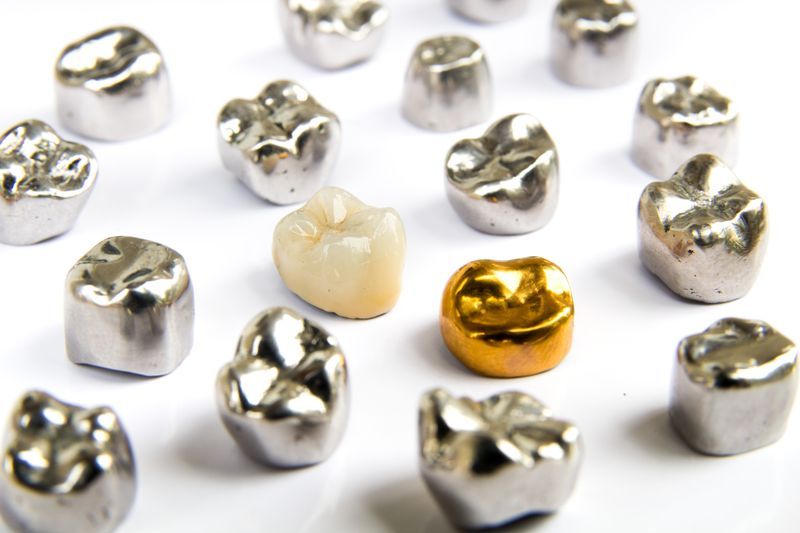When Dental Crowns Become Necessary for Extensive Tooth Decay

Dental crowns play a crucial role in the treatment of extensive tooth decay, a common dental problem that can lead to significant tooth damage. We will explore when and why dental crowns become necessary in the context of tooth decay, providing insight into how this dental procedure helps restore and protect teeth that have been compromised by decay.
Understanding Extensive Tooth Decay
Tooth decay occurs when the enamel, the hard outer layer of the tooth, is damaged. This is usually the result of a combination of factors, including bacteria in the mouth, frequent snacking, sipping sugary drinks, and not cleaning teeth well. When decay is extensive, it can lead to large cavities, infection, and even affect the inner pulp of the tooth, causing pain and discomfort. In such cases, a simple filling may not be sufficient to restore the tooth's structure and function.
The Role of Dental Crowns in Tooth Restoration
Dental crowns are custom-made caps placed over a tooth to cover and protect it. They are used when a tooth is significantly damaged or decayed to the point where other forms of restoration, like fillings, are not viable. Crowns restore the tooth's shape, size, strength, and appearance. They can be made of various materials, including porcelain, ceramic, metal, or a combination of these materials.
Restoring Function and Strength
Crowns help in restoring the strength and functionality of a decayed tooth. They enable individuals to chew properly and maintain normal oral functions. This is particularly important for teeth that have lost a significant amount of structure due to decay.
Aesthetic Considerations
Apart from functional restoration, crowns also offer aesthetic benefits. They are designed to match the color and appearance of natural teeth, enhancing the overall look of one's smile.
The Process of Getting a Dental Crown
The process of getting a dental crown previously involved two visits to the dentist. During the first visit, the dentist prepared the tooth, which may have involved removing decayed or weakened tooth tissue. An impression was then taken to create a custom crown, which perfectly fit the tooth. A temporary crown was placed while the permanent crown was being made. On the second visit, the permanent crown was fitted and adjusted for a proper bite and comfort. Nowadays, many dentists can fabricate the crown while you wait in the chair. There is no need for a temporary or to wait two weeks to get your permanent crown. South Temple Dental has a machine that creates crowns on the spot, reducing sensitivity and increasing convenience.
Longevity and Care of Dental Crowns
With proper care, dental crowns can last for many years. Maintaining good oral hygiene, including regular brushing and flossing, is essential. Regular dental check-ups and cleanings are also important to monitor the health of the crowned tooth and surrounding gums.
Dental crowns become a necessary and effective solution for restoring teeth severely damaged by extensive decay. They not only restore the functionality and strength of the tooth but also improve its appearance. The process of getting a crown is relatively straightforward and, with proper care, can offer a long-lasting solution for damaged teeth. It is important to address tooth decay early and consult a dentist to determine the best course of treatment, including the possibility of a dental crown.
Concerned about extensive tooth decay and think you might need a dental crown? Don't wait any longer, contact us today to schedule a consultation and discover how our expert dental services can restore your smile and oral health.


Connect With Us on Facebook
Areas We Serve
Downtown Salt Lake City
84103, 84116, 84104, 84101, 84111, 84102, 84112, 84113, 84108, 84105, 84115, 84104, 84103
Business Hours
- Monday
- -
- Tuesday
- -
- Wednesday
- -
- Thursday
- -
- Friday
- -
- Saturday
- Closed
- Sunday
- Closed
All Rights Reserved | South Temple Dental
Dentist in Downtown Salt Lake City, Utah
